What's Your Bias?
Is it possible to have a view of the world – and of education in America – that’s shaped by something bigger than the world around us? Are any of us unbiased in our perspectives on what the right path forward should be?
The obvious answer is “No.” Nobody is unbiased. Don’t ask fish to describe what it’s like to be wet. We are all shaped by our surroundings; our upbringing and perceptions; our belief systems. While we can ask good questions, open our minds to understand the world from someone else’s perspective, and extend empathy and understanding to those coming from different places and philosophies, bias is a reality of life for every single human being.
The problem isn’t about bias.
The bigger — and more essential — question is whether the biases that shape our views, beliefs, and decisions are based in what is true or in what is trending.

Many of the circumstances that are influencing our local, national, and even global conversations make it difficult to distinguish between the topic of the discussion and the actual issue we’re addressing. Consider that discussions about Critical Race Theory in the classroom are one of the most divisive topics happening today, and yet its roots are in a topic that everyone unilaterally agree is a given – That quality and true education is a right for every human being and should reflect what is true about humanity and history. However, what’s manifesting around us is something altogether different.
School board meetings are turning into screaming matches. Once well-behaved presidents of PTO’s and church clubs are coming unhinged. The topic itself is an important one, but it’s not the discussion that we’re really having. What we’re really talking about is what is true, what is right, and what matters. We’re talking about how we should determine what is right to teach our students. We’re talking about who should get to determine what is right to teach them. What we’re really talking about are questions like, “What is the purpose of education?”
No matter which side of the aisle you sit on and no matter your perspectives on any of the major hot-button issues of our day, your answers to the questions being asked come from somewhere different than from those who think differently than you. Your answer is steered by your biases.
So again, let’s ask the question.
Are the biases that shape your views, beliefs, and decisions based in what is true or in what is trending?
It’s been said that the problem with throwing mud is that all you end up doing is getting dirty and losing ground. In other words, conversations that become about winning and not about listening or understanding rarely produce anything worthwhile. That doesn’t mean the conversations shouldn’t happen. It just means that conversations should have a certain level of equality, where ideas are given an audience even if they’re differing or even opposed to one another.
It’s easy to get caught up with fighting against bad ideas or biases. It’s easy to get caught up with feeling like this is more about fighting than it is about what so many people say it’s about — equality, opportunity, and healing. We’ve certainly talked about that before.
At Education America, we’re committed to helping people discuss the relevant topics surrounding education in our country. We hold firmly to Lincoln’s belief and tenet, that today’s educational philosophy becomes tomorrow’s governing philosophy. We also believe that ultimately, at the end of day, we all want the same thing — at least in the most altruistic definition of the word. It’s why we do what we do. It’s why we want to lead the conversation with people who think like we do and with people who don’t. It’s why we keep talking about the important issues. And we want everyone we talk with — no matter how similar or different they are — to consider whether their biases are based in what is true or in what is trending.
Truth is the only real hope we have to make our classrooms all that they can — and should — be. So let’s continue the discussion. Tune in to our show — and any time to our podcast — to be part of the discussion!
